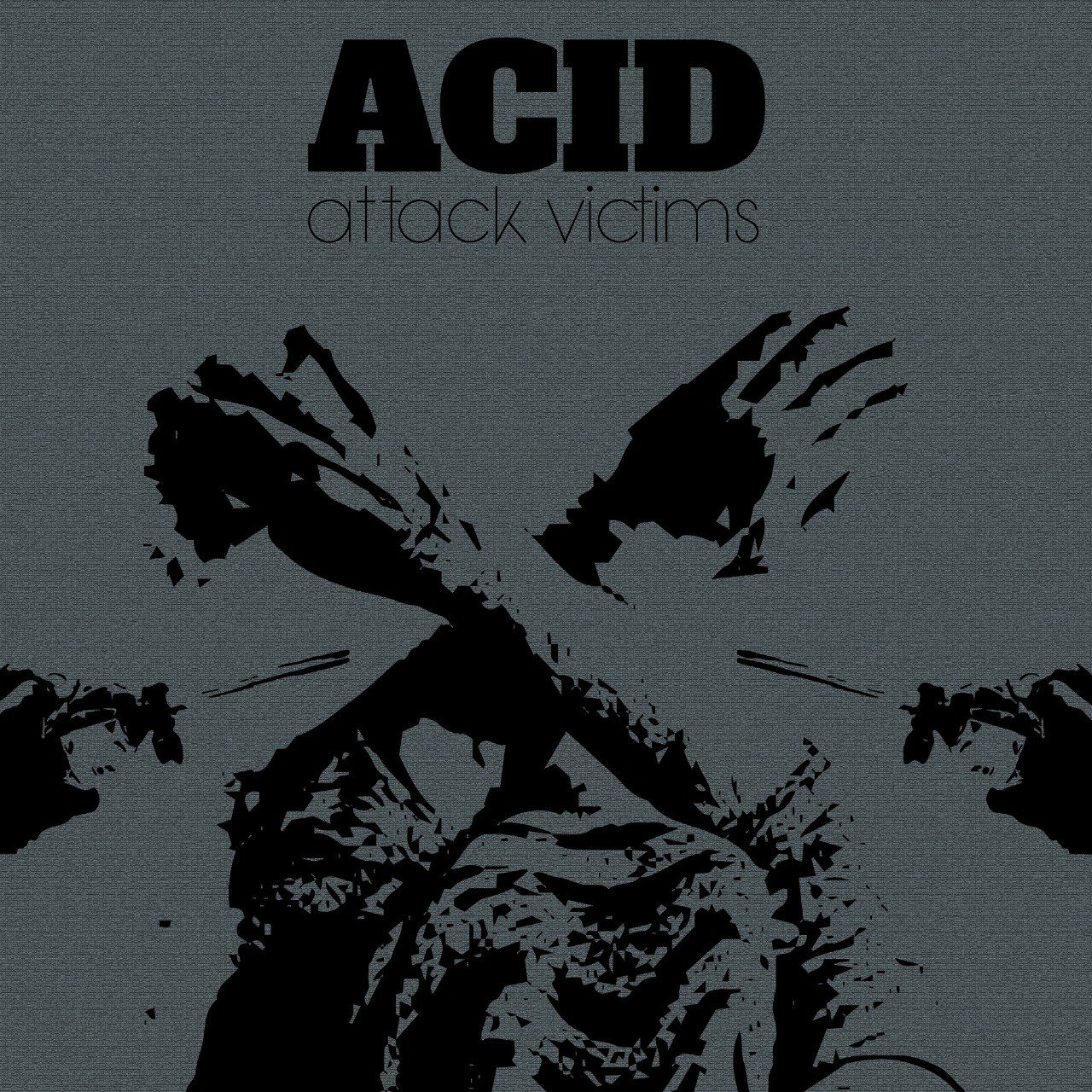
No government has been able to check incidents of acid attacks effectively, be it in terms of controlling the easy availability of the chemical or providing protection to the vulnerable

A visit to Do Moria Pul, near the Lahore Station, leads to the infamous Tezaab Mandi (acid market). Here, you find stacks over stacks of plastic barrels that are filled with all kinds of acid.
Although the shopkeepers claim that they do not sell acid without receiving the customers’ contact details and checking their identity cards, it is hard to believe given the number of incidents of acid attacks that continue to happen around us.
As Bashir Masih, a janitor in Johar Town, puts it: "Acid can easily be bought for Rs50 to 100." He is obviously talking from experience, as acid is routinely used to open the clogged drains.
He also claims that no one [at the Tezaab Mandi] asks for the ID card.
Gul Hassan Abbas, a leading lawyer and the executive director of Initiative for Sustainable Development (ISD), contends that acid availability has been successfully checked: "The many incidents of acid attacks, as reported in the media, have forced those in the business of selling the chemical to exercise caution. They usually sell to people they know or engage with on a regular basis.
"No one wants to get into trouble with the police, lest some crime happens."
Talking to TNS, Mirat Gul Butt, a PhD scholar and senior clinical psychologist at the Punjab Institute of Cardiology (PIC), Lahore, sheds some light on the psyche of the perpetrator: "Everyone is human at the core. People who resort to such acts are usually deeply wounded or unhappy, which is because they are missing something very vital in their lives -- that may be love and compassion."
As for the attack survivors, she says, "It’s not only a physical trauma but also an emotional and psychological one. If you look at [an acid attack survivor] you will find emptiness in their eyes.
"However, a male survivor responds differently as compared to a woman," she states. "The face is an important component of a person’s personality, but for a woman it holds a lot more value."
Picture this: a man grabs a bottle of acid, hides it underneath the expanse of his shawl, and stealthily moves towards his target -- a defenceless woman. He uncorks the bottle, and throws the chemical on her face. The idea is to ‘punish’ her -- for (allegedly) cheating on him, or rejecting his marriage proposal or sexual advances -- for life; as there is no bigger curse than having to live with your scarred face and/or body.
Acid attacks are not a new phenomenon, but the worst part is that no government has been able to check these incidents effectively, be it in terms of controlling the easy availability of the deadly chemical or providing protection to the vulnerable. The culprits often go scot-free.
University student Suman Ali’s case is a rare example where justice was served. In July 2018, an Anti-terrorism Court (ATC) in Lahore sentenced Zafar Iqbal -- Ali’s brother-in-law who threw acid on her because she refused to marry him -- to 14 years on two counts, including molesting her as a minor, and also fined him Rs2 million.
According to Abbas, "First and foremost, it is the duty of the police to file an accurate FIR. If it has loopholes, justice will either not be served or will be delayed."
It is wrongly perceived that only men are the aggressors in such attacks. A 2010 media report showed how a woman named Rukhsana threw acid on her estranged fiancé, whose father jumped in at the most crucial moment to take the brunt. Consequently, he lost an eye, and was severely burnt. Rukhsana was sentenced to 34 years imprisonment by an ATC.
A data provided by the Human Rights Commission Pakistan (HRCP) reveals that 553 cases were reported between January 01, 2004 and May 05, 2018, in which 744 females and three males were on the receiving end of the attacks. 62 of them succumbed to injuries.
According to Fauzia Viqar, Chairperson, Punjab Commission on the Status of Women (PCSW), "There has been a decline in the number of incidents of acid attacks in the UK, for instance, because they have followed a proper mechanism to control and punish people as per law. This is still missing in Pakistan."
Viqar claims that the PCSW, which was set up in 2014, receives complaints and inquiries on acid attacks through its helpline, and provides guidance on what steps to follow.
Valarie Khan, founder of Acid Survivor Foundation, says: "Acid will never be banned as it is needed for cleaning cotton in rural areas. Also, banning isn’t essentially the solution, we need to educate people and bring in stricter laws that are implemented to stop attacks."